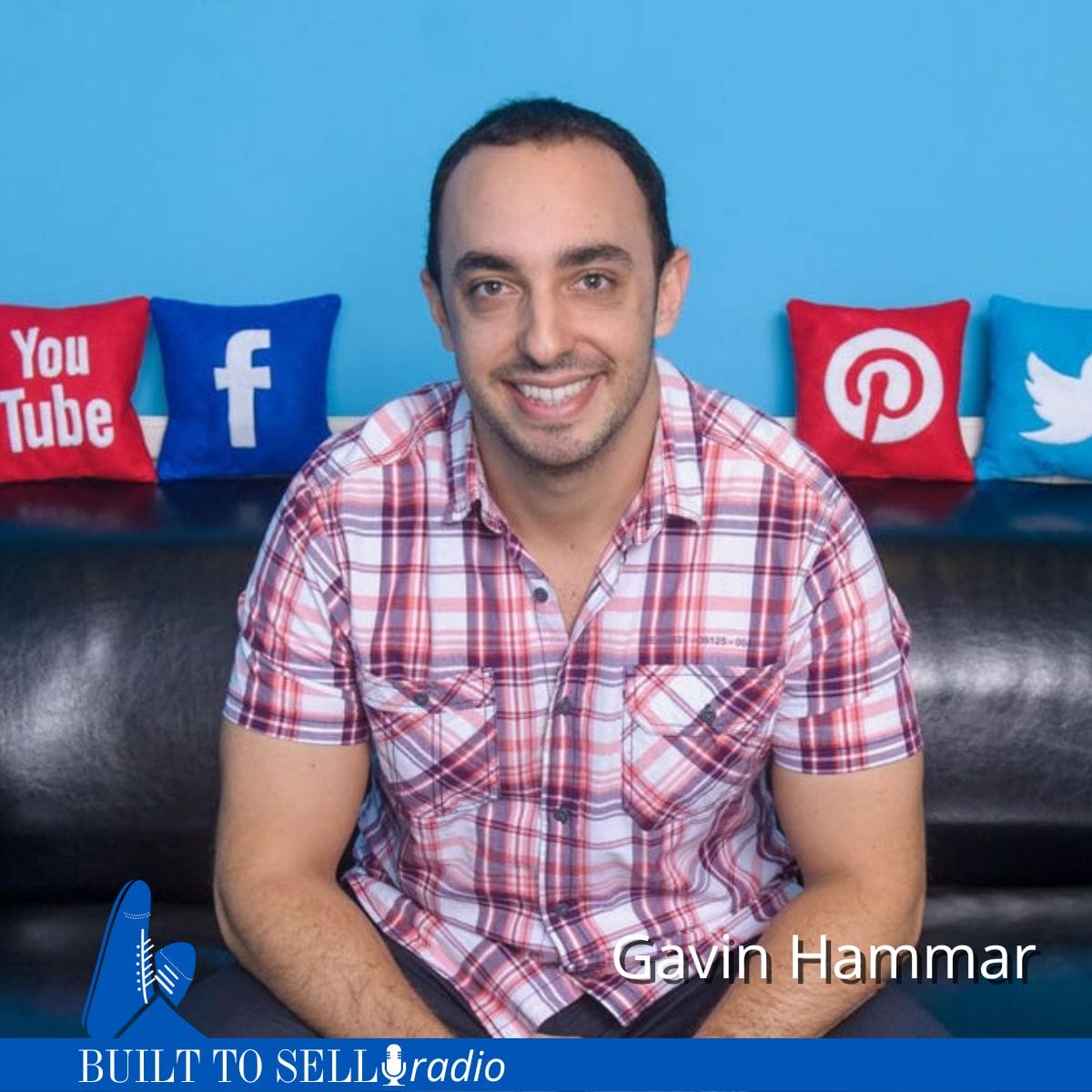About this episode
In 2008, Gavin Hammar started Sendible, a platform that allows companies to manage all their social media accounts from one place.
The company grew steadily until 2016, when Hammar hit a sales plateau. Challenged to combat a high churn rate, Hammar took several unique steps to humanize his business.
Becoming a more approachable brand worked. Sales increased by 30% year-over-year and by 2021, Sendible had 47 employees when they were approached by ASG with an acquisition offer Hammar couldn’t refuse. In this episode, you’ll learn how to:
- Humanize your business without becoming a bottleneck.
- Bootstrap a seven-figure company while keeping 100% of your equity.
- Create a white labeling program (without losing control of your brand).
- Slash your churn rate by implementing one simple tactic.
- Turn customer feedback into online reviews using an elegant approach.
- Avoid a common mistake a lot of founders make at the LOI stage.
Check out our article on David Vs. Goliath.
And Operator Vs. Investors too.
Show Notes and Links
Gavin’s Message to His Employees
Definitions
Earn-out: Earnout or earn-out refers to a pricing structure in mergers and acquisitions where the sellers must “earn” part of the purchase price based on the performance of the business following the acquisition.
Source: https://en.wikipedia.org/wiki/Earnout
Due-Diligence: Due diligence is an investigation, audit, or review performed to confirm facts or details of a matter under consideration. In the financial world, due diligence requires an examination of financial records before entering into a proposed transaction with another party.
Source: https://bit.ly/3yYDfo5
Letter of Intent (LOI): A letter of intent (LOI) is a document declaring the preliminary commitment of one party to do business with another. The letter outlines the chief terms of a prospective deal. Commonly used in major business transactions, LOIs are similar in content to term sheets. One major difference between the two, though, is that LOIs are presented in letter formats, while term sheets are listicle in nature.
Source: https://bit.ly/3ppDnr3
Limited Partner (LP): A limited partnership (LP)—not to be confused with a limited liability partnership (LLP)—is a partnership made up of two or more partners. The general partner oversees and runs the business while limited partners do not partake in managing the business. However, the general partner of a limited partnership has unlimited liability for the debt, and any limited partners have limited liability up to the amount of their investment.
Source: https://bit.ly/3ep2o3L
General Partner (GP): In the context of private equity (PE), the general partner, or GP, refers to the PE firm that manages a private equity fund. These funds are usually set up as general partnerships with the third party investors being the limited partners and the PE firm acting as the GP. In addition to raising the funds and administering the daily operations of the fund, the GP is responsible for identifying and closing on investments, assisting the company management teams in maximizing value, and liquidating investments so distributions can be made out of the partnership to the limited partners.
Source: https://bit.ly/3g8rzbn

About Our Guest
Gavin Hammar
Gavin builds and grows self-funded SaaS businesses. Currently building StoryPrompt. Founder & Former CEO of Sendible (acquired in 2021). An avid storyteller at Unscalable.fm. Check out StoryPrompt.


